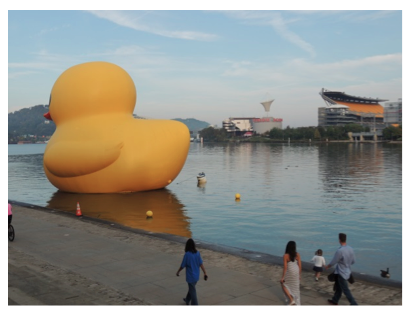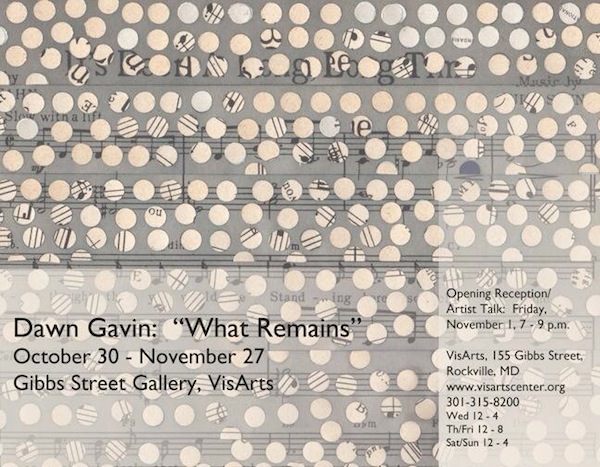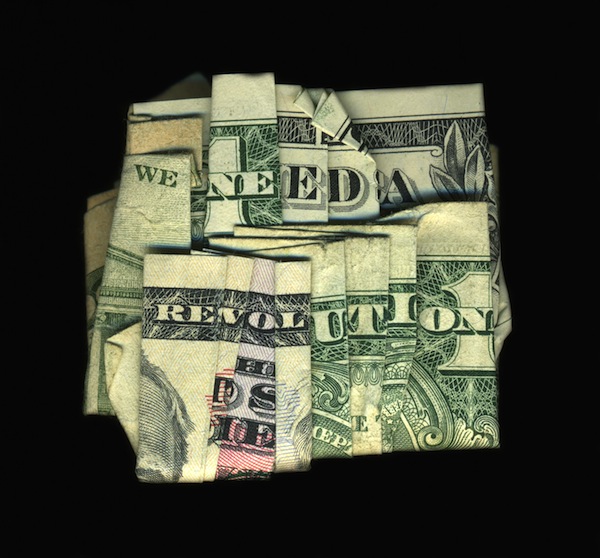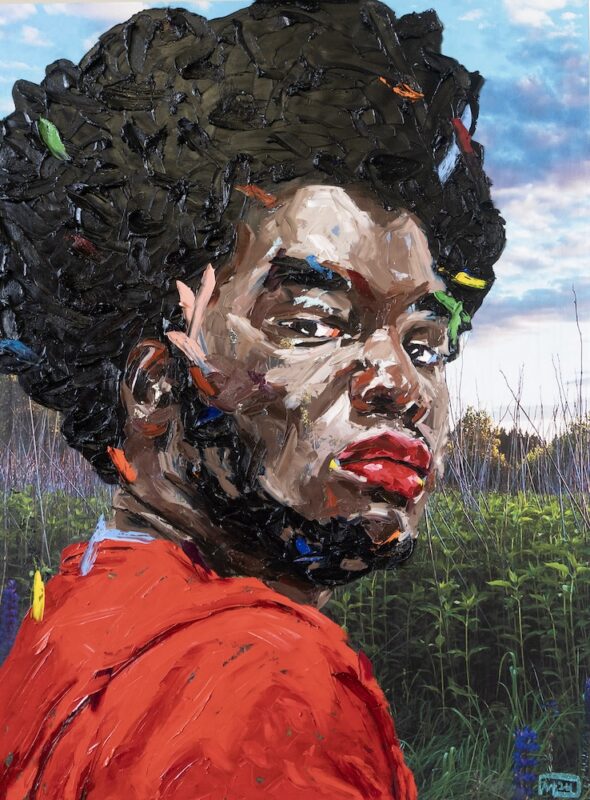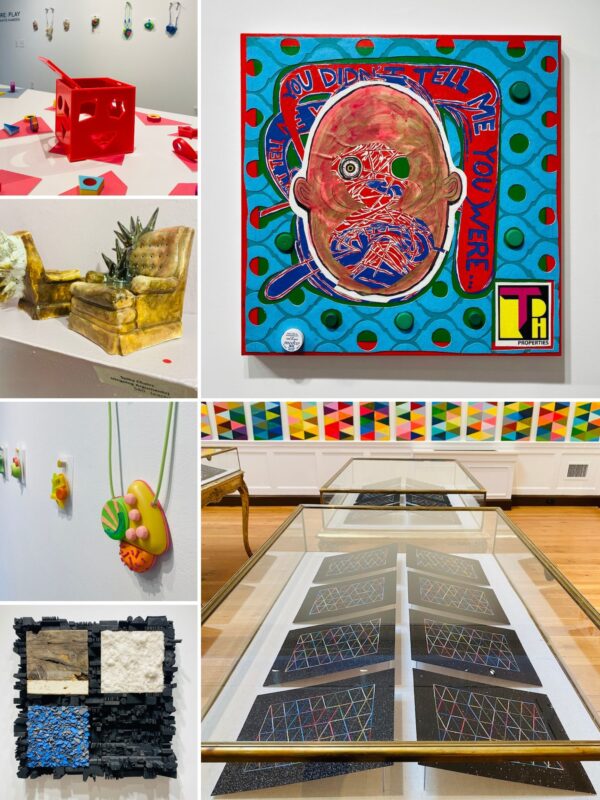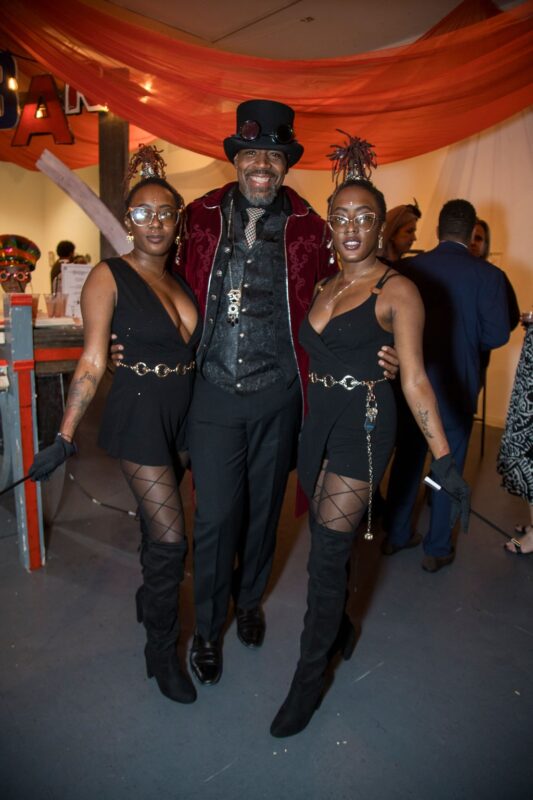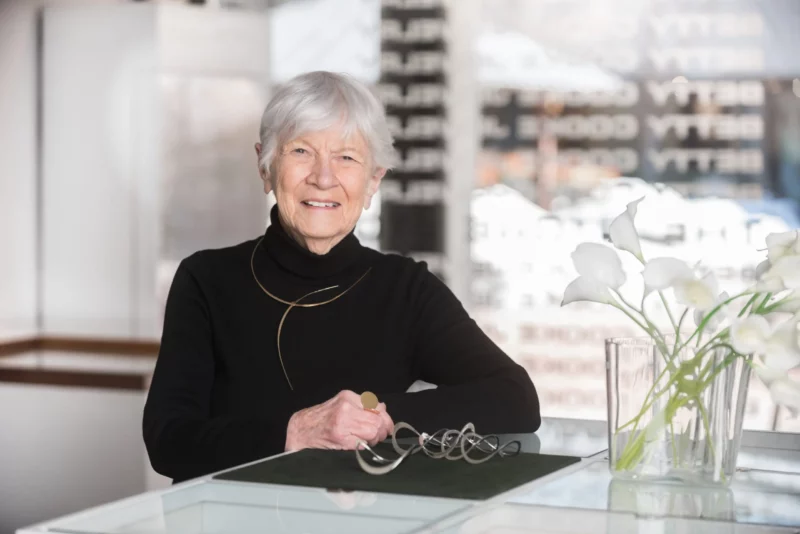How many of you Baltimore artists are not merely tired, but exhausted, from working for free? After a highly necessary visit to the Artists U finance workshop on Saturday and a studio visit with mega collector Mera Rubell on Sunday, where we discussed Baltimore’s nonexistent art market, I read Tim Kreider’s NYTimes Op-Ed (titled ‘Slaves of the Internet, Unite!’) and it hammered this issue home. When artists work for free, we literally starve ourselves. And our community. This is not healthy for anyone.
Although Kreider is not based in Baltimore, his message is familiar: People ask artists to work for free ALL THE TIME. They don’t do it because they are assholes. They don’t do it because they are trying to take advantage of us. Most of the time, they are great people and they think they’re doing us a favor. And do you know why? Because we let them.
I don’t know who said this, but I have been, of late, repeating a new mantra: Nobody can take advantage of you without your permission. There are numerous ways this occurs, including saying yes to free or, just as bad, underpaid work, by not doing our homework before considering professional art-related decisions, and by not knowing how much we actually need to earn to be able to live a sustainable life in this town. All of these financial mistakes come from the myth that artwork is ‘fun’ work, and, hence, not real work – and since we are doing what we love, we don’t deserve to be paid. Imagine what would happen if we applied this crazy rule to art colleges?
Kreider sums it up well: “Practicalities aside, money is also how our culture defines value, and being told that what you do is of no ($0.00) value to the society you live in is, frankly, demoralizing. Even sort of insulting. And of course when you live in a culture that treats your work as frivolous you can’t help but internalize some of that devaluation and think of yourself as something less than a bona fide grown-up.”
As Andrew Simonet said at Artists U, “Artists are the hardest working people around. They are creative problem solvers and pride themselves on how hard they work and with how few resources.” He pointed out that, in the business world, this kind of behavior would be considered insane. And, yeah – I get it that art can’t be eaten or worn and it serves no immediate ‘practical’ purpose in society, but what about long-term benefits to real estate, local economies, and cultural tourism? Our work has value, but it is rare that artists reap the economic benefits of their labor because we have internalized these messages of devaluation.
Part of this stems from the guilty assumption that we are “getting away with something” when we are paid for doing our work. I think this has something to do with the selfish nature of all types of creative process, of not seeing the larger picture of our worth. The other part, which is specific to Baltimore, is based in youth culture, that young people are more likely to work for free or cheap to gain experience and exposure. Since Baltimore artists are, proportionally, youngish, there seems to be an endless supply of 20-something artists and recently minted MFA’s willing to work for free or very little. This practice puts pressure on more experienced artists to compete in an economic battle of the have-nots and, more often than not, causes them to move or market elsewhere. We all lose when this happens.
I have been guilty of this self-neglect myself. Aside from freelance work, which pays little, and my writing job at the Urbanite for a few years, I have been largely writing and editing here at Bmoreart for free. Although it has led to many opportunities for growth and exposure and enriched my life significantly, I reached a point where this became untenable. It was time to wake up and realize that compensation is an exchange of energy, a necessary exchange for any project to be sustainable and even grow. At this point Bmoreart is starting to partner with local organizations and accepting advertising proposals to begin funding this valuable publication properly. As they say, it’s a process.
“Not getting paid for things in your 20s is glumly expected, even sort of cool; not getting paid in your 40s, when your back is starting to hurt and you are still sleeping on a futon, considerably less so,” says Kreider in the NYTimes. “Let’s call the first 20 years of my career a gift. Now I am 46, and would like a bed.” At this point in my life, I am a parent, and this crystallizes all my financial and professional decisions. It is no longer just about me starving. I simply can’t afford to work for free and, regardless of your age and background, neither can you. As Kreider points out, we all deserve to sleep in a bed. We’re all doing the work. We need to be able to buy groceries and art supplies, too. At this point we are getting by, working a little harder and a little longer, but this is not sustainable or healthy.
Fiscal health is an issue many artists gloss over and mostly ignore, but is essential in creating a healthy ecosystem. Can you think of any socio-economic examples where poverty is a good thing? And charity isn’t helpful either because it doesn’t teach us to build sustainable systems for ourselves. As Simonet pointed out on Saturday, “No one is coming to save any of us” – meaning, we have to do this work ourselves.
Although Baltimore artists are thriving when it comes to making our work and extremely rich when it comes to community, a majority of us are struggling to market it, fund it, and sell it. We are really really good at wringing our hands and complaining that the system is unfair. We will spend hours bemoaning the lack of Baltimore galleries or Baltimore collectors who purchase art elsewhere and don’t value what we do here. Whether it’s true or not, this conversation is worn out. And it isn’t doing us any good.
The truth is the artists are controlling this situation – we always have – and we are doing it wrong. The only way to change it is to stop working for free, and stop giving our work away for next to nothing. For this to be effective, we need a community-wide paradigm shift and we need it immediately, not just to save ourselves, but to honor and nurture the growth of our preciously weird and amazing community of art and culture.
So what do we do? How do we do this? It’s not going to happen over night and we all have to do our part. I propose we start a new conversation, that we stop blaming the market and galleries and start looking for creative solutions to our problems, which are largely economic. I also propose we all start saying no, in a kind and educational way, to friends and colleagues when we are offered the opportunity to work for free. These teachable moments are incredibly valuable. Rather than being insulted, we need to use these VERY frequent opportunities to explain the tremendous benefits of investing in local art over ‘borrowing’ it and to explain that paying artists for their skills offers numerous and manifold benefits to the local economic ecosystem. If they don’t believe you, educate yourself about collectors who bought inexpensive works that increased in value over time. Hell, start collecting inexpensive works of art yourself whenever you can.
We all have our skills and it is time to use them. At Bmoreart, I am planning a new series of articles based on financial research, strategies, and resources for all types of artists. This weekend has blown my mind and I don’t feel like I can go back to the way things were. Bmoreart will be partnering with experts from the business and financial community to make essential financial information and practices available and clear. My goal is to expand this conversation and to encourage artists to work together to raise the bottom line from untenable to sustainable to profitable.
According to USA Today in 2012, Maryland was the richest state in the country, with a median household income of $71,221. Did you just read that??? THE RICHEST STATE IN THE RICHEST NATION IN THE WORLD. It’s time to wake up. The money is here. At this point, it is not reaching the local art market in Baltimore, but this is a fixable situation. The exceptionally good news is the responsibility is on us, the artists.
* Author Cara Ober is the Editor at Bmoreart. Her college debts are paid off.
** Images by New Orleans-based artist Dan Tague
If you have a suggestion, comment, or financial contact that would be a great resource for Bmoreart’s new $ART$ series, send it my way: [email protected].
